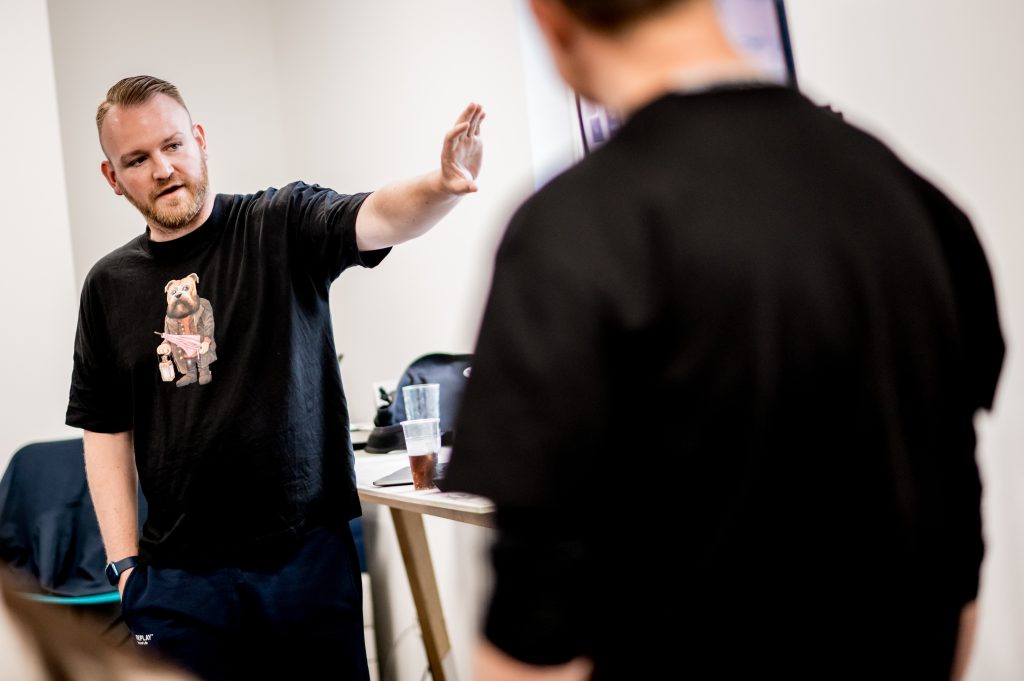We’ve seen for ourselves how the Seed Enterprise Investment Scheme (SEIS) can benefit startups from just about every sector.
So, we thought we’d give you a brief guide of what you need to know about SEIS Funding, including what it is, who’s eligible and how we can help!
Let’s get started!
What is the Seed Enterprise Investment Scheme?
The Seed Enterprise Investment Scheme (SEIS) is a government scheme that offers tax relief benefits to investors in return for investment in small and early stage startup businesses. The scheme was introduced in 2012, designed to boost economic growth.
By offering tax reliefs to individual investors who buy new shares in your company, the SEIS scheme can help your business raise money when you’re starting to trade.
What can the scheme offer?
Through the SEIS, you can receive a maximum of £150,000 in investments. It’s worth noting that any funds offered via this scheme, will count towards any limits for later investments through other venture capital schemes.
Tax reliefs provided under SIES include:
- Up to 50% income tax relief
- Up to 50% Capital Gains reinvestment relief
- Inheritance tax relief
- Loss relief on exit
- Tax-free growth
Who’s eligible?
Your business can use the scheme if it:
- Has traded for less than 2 years
- Does not have gross assets over £200,000
- Has not carried out a previous trade
- Is not a member of a partnership
- Has less than 25 full-time employees
- Has a permanent establishment within the UK
- Is not trading on a recognised stock exchange
- Does not plan to become a quoted business
- Does not control any other business. (unless it’s a qualifying subsidiary)
- Is not controlled by another business
Most trades are accepted, however there are some business activities which could mean you’re excluded. These excluded activities would need to make up over 20% of your business as a whole.
Excluded activities include:
- Dealing in land
- Providing legal or accounting services
- Coal production
- Operating hotels
- Operating nursing or care homes
It’s worth checking out the full list of exclusions here. If you’ve explored SEIS funding and it’s not suitable for you, read our other blog on seed funding options.
How does it work?
The SEIS process is split into three different rounds: Pre-Seed, Seed, and Series A.
Pre-Seed
This round is geared towards start-ups that are in the pre-product, pre-launch stage. These teams are generally small and ideas-focused, possessing what is essentially a minimum viable product. In this round, the goal is to maximise potential future fundraising opportunities through testing.
Seed
Start-ups at this level will already have a validated value proposition: a monthly revenue which is consistent and constant, and visible month-on-month growth. This round is focused on providing start-ups with the next level of funding to scale, grow and become competitors in the marketplace.
Series A
The final round targets start-ups which are already generating strong revenue from their business model. Series A investors are likely to be either venture capital funds or ‘angel investors’ who are willing to take on the high risks associated with funding early-stage companies. If you can secure Series A investment, the aim of most investors will be to scale your product nationally, or even internationally!
How can Blu Sky help?
Becoming investment ready isn’t an overnight exercise. We work with partners such as Seedrs and SeedLegals to give you more than just financial support.
We can help you prepare and guide you through the process. We can also help you look ahead and consider what your next steps are.
If you’d like to find out more, don’t hesitate to get in touch!



